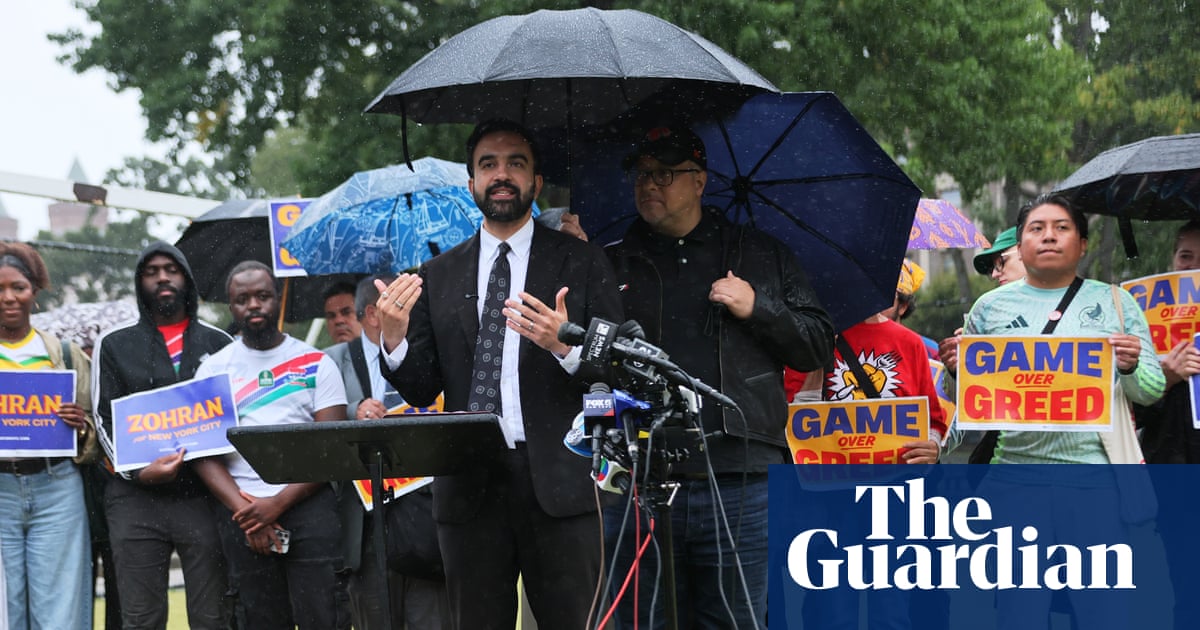NAPA, Calif. – Keegan Bradley has not shied away from saying the quiet parts out loud.
“I think we all agree that me being the captain was definitely a shock to everybody,” the U.S. Ryder Cup captain shrugged Wednesday at the Procore Championship.
Bradley has turned the PGA Tour’s fall opener into a makeshift spring training for Team USA with 10 of his 12 players at Silverado Resort preparing for this month’s matches. But getting player buy-in to his pre-match tune-up doesn’t begin to plumb the depths of his outlier status.
Selecting Bradley, who at 39 years old is still in the prime of his competitive career, was very much an outside-the-box move, even for an organization with a tendency of zigging when everyone anticipates a zag. It was similar renegade thinking that prompted the PGA’s call to make Tom Watson the U.S. side’s oldest captain at 65 for the 2014 matches.
That experiment was an unmitigated failure and led to a decade of player empowerment via various committees and task forces. By some accounts, Bradley is a swing back in the other direction, away from the perceived “good ol’ boy” network that had produced mixed results and little of the coveted continuity that the Europeans value.
The first test of the PGA’s gamble, not to mention Bradley’s resolve, came last month when he announced his six captain’s picks, a list that didn’t include his own name despite a mountain of evidence and vocal support, even in his own team room, that he should play.
“Him not playing is one of the most selfless acts I’ve seen in golf,” said Gary Woodland, one of Bradley’s vice captains and a longtime friend. “He’s the 11th-ranked player, his game fits the course, he’s playing so well, but he really believed truly in his heart that he can lead this team best by being their captain.
“I know what it means to him — for 15 years it’s all he talks about. Outside of his family, the Ryder Cup is the biggest thing in his life, and for him to not play because he wants to help these guys in different ways is amazing.”
Early evidence suggests Bradley will be the ultimate players’ captain, much like Paul Azinger in 2008 when the U.S. upset a European team many believed should have been favored. Having 10 of his dozen in the field in Napa, an event many of the game’s top players would have likely skipped, is proof of player buy-in.
“I think it can’t be stated enough how good of a job Keegan’s done for us so far and the energy that he’s brought has been great,” said Scottie Scheffler, who is playing the Napa event for the first time. “He’s very organized, he’s doing a really good job keeping the guys fired up. Everybody’s excited to be here. This is something we looked at the calendar very early in the season, about how we were going to get ready for the Ryder Cup, and this has been circled there for a long time.”
Bradley said he anticipates a captain style closer to Azinger and Jim Furyk, who is one of his vice captains this year at Bethpage Black and served as the 2018 U.S. captain. But what makes Bradley most unique among recent leaders is his status as a contemporary.
In 21 starts this year, Bradley finished seventh on this year’s FedExCup points list, won the Travelers Championship and finished 11th on the final U.S. Ryder Cup points standings. The majority of recent captains, including Furyk and Zach Johnson, who led the team two years ago in Rome, were well past their competitive primes.
“It’s really how much he’s sticking up for us and putting us first for any decision that happens at all. That was a big reason why he’s doing what he’s doing and why us players have respect for him as a captain,” said Justin Thomas, the most experienced player on this year’s team. “He’s doing all this with us, every single week. It maybe brings more validity if we ask him something and he’s like, ‘Well, we can’t get that done.’ If he wasn’t a player he’d be like, ‘Well, you don’t understand.’ But he is a player and he does understand.”
He also understands what is expected of him as an unconventional pick for captain. The nature of the Ryder Cup means he will ultimately be judged by the results – nothing more, nothing less.
It is unorthodox thinking, however, that has become Bradley’s mission statement. If his selection as captain was a universal “shock,” his leadership should be equally idiosyncratic.
“Me being the captain isn’t really the status quo of what the U.S. side has done. I remind myself and the vice captains all the time that we were picked to do this job because we wanted a little shift in what we were doing,” Bradley said.
The PGA wanted outside-the-box and on that front, with the matches looming in two weeks, Bradley is delivering.


